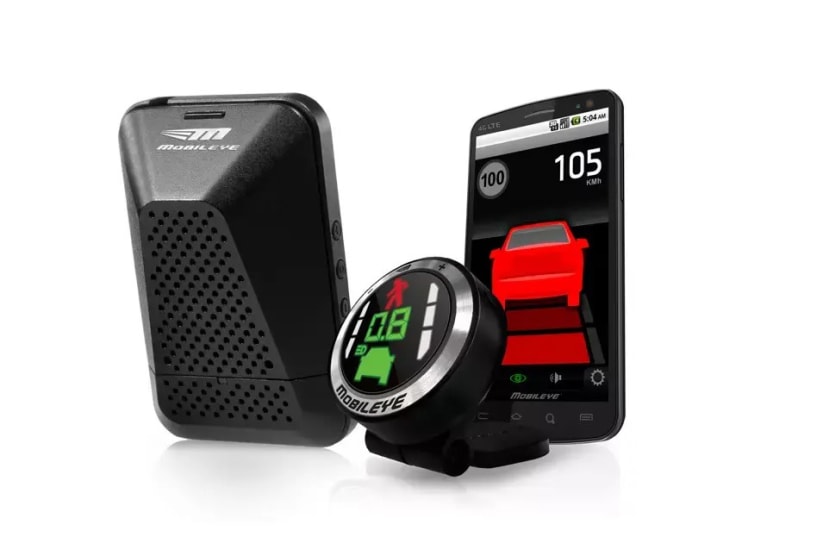End of an era: Mobileye is closing its aftermarket division, which provides collision and lane departure warning systems for installation in cars manufactured without them, both new and used.
The division enjoyed significant business some less than a decade ago, and due to Mobileye's lobbying activity, it even received a substantial benefit from the government, which still subsidizes the installation of the system in each used car by NIS 1,500. Today, collision warning systems are sold in the country for NIS 1,800 for a simple one that only warns of front-end collisions, and for NIS 2,000 for one that also identifies pedestrians and cyclists.
But today, almost all car manufacturers in the West are installing warning systems, most of them manufactured by Mobileye already on the production line, which also allows them to connect to the car's brakes, providing autonomous emergency braking in case the driver does not respond in time. Many new cars now have a lane departure warning system with self-correction by the vehicle that brings the steering back.
Professor Amnon Sha'ar, President and Founder of Mobileye/Intel's Mobileye division, stated that the unit's sales cycle declined in recent years by at least $40 million annually and it began to incur losses. Mobileye itself, failing to meet sales targets due to a decrease in orders for its autonomous driving systems, decided to stop the losses and begin the closure of the division, leaving the aftermarket to Chinese systems.
Professor Amnon Sha'ar, President and CEO of Mobileye, said it was a "difficult decision", adding that "the unit contributed at the beginning to Mobileye and proved that safety can be provided efficiently and at a low cost, and served as a catalyst for the integration of technologies of assistance systems in new vehicles. Unfortunately, the success of Mobileye products installed by car manufacturers in the production process has reduced opportunities for post-production solutions to a point where the continued operation of the unit is no longer worthwhile".
Following the move, Mobileye laid off 130 employees, including 90 in Israel.
